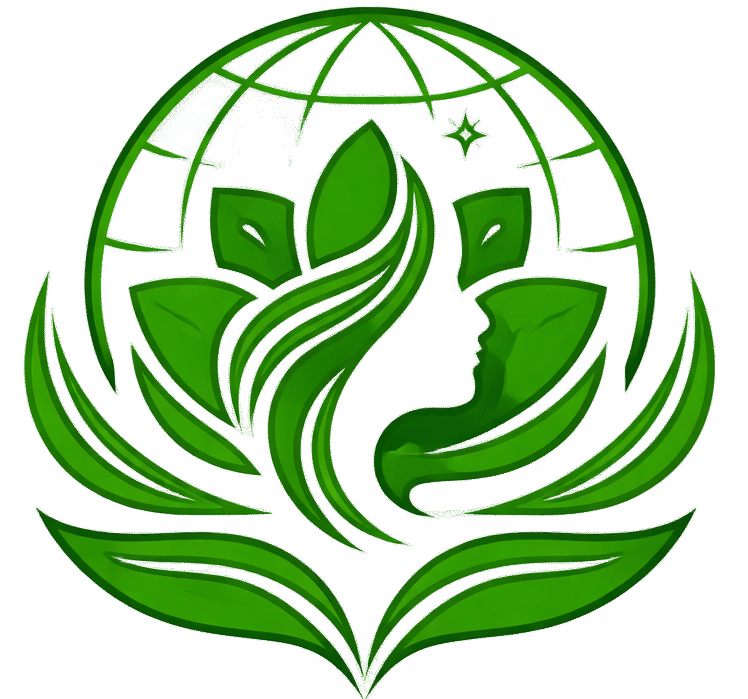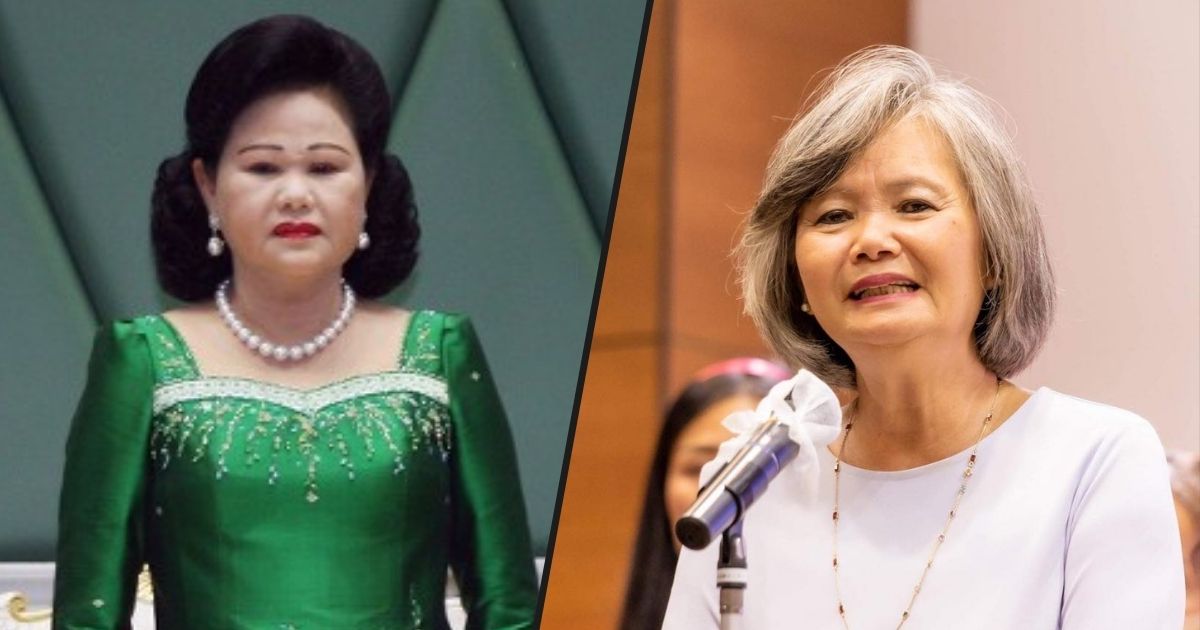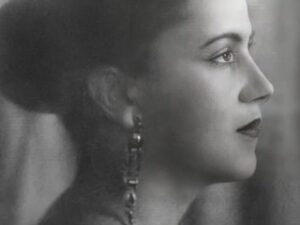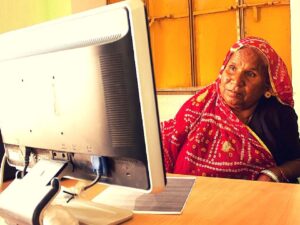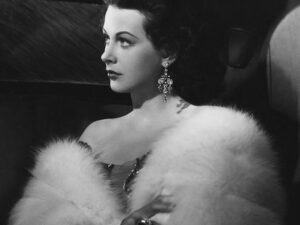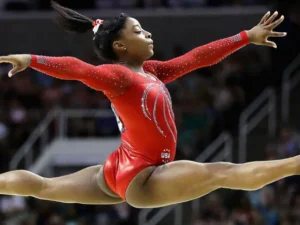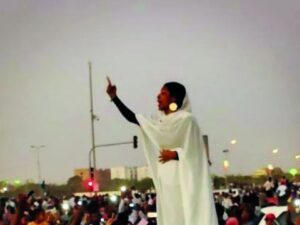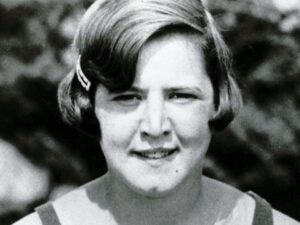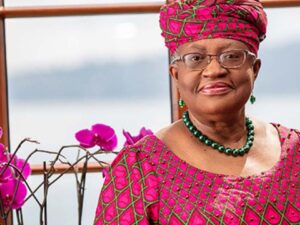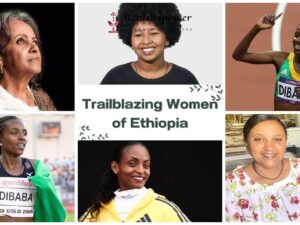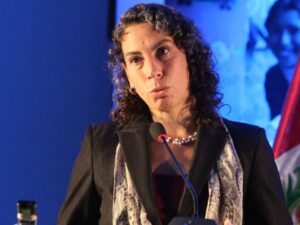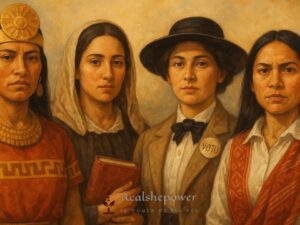Cambodia, a nation forged in the fires of conflict and rebirth, has long been a tapestry of resilience, where women have played pivotal roles in both defending the homeland and shaping its governance. From the brutal civil wars and the Khmer Rouge genocide that claimed nearly a quarter of the population in the 1970s to the post-conflict era of reconstruction under the United Nations Transitional Authority in Cambodia (UNTAC) in the early 1990s, Cambodian women have transcended traditional roles as homemakers and caregivers to become warriors, peacekeepers, ministers, and activists. Yet, despite these strides, challenges persist: cultural norms emphasizing women’s subservience, underrepresentation in leadership, and the lingering scars of trauma. As of 2025, women constitute only about 3% of the upper echelons of the Royal Cambodian Armed Forces (RCAF) and hold a mere 13% of seats in the National Assembly following the 2023 elections a decline from previous highs. This article delves into the stories of several trailblazing women who have defied these odds, highlighting their contributions to Cambodia’s military and political spheres. Their journeys not only illuminate personal triumphs but also underscore the broader push for gender equality in a society still grappling with its past.
Historical Foundations: Women Warriors in Times of Turmoil
Cambodia’s history of women’s involvement in the military dates back to the tumultuous mid-20th century, when colonial legacies, independence struggles, and civil wars thrust women into combat roles. During the French colonial period and the push for independence in the 1940s and 1950s, the organized women’s movement emerged with the founding of the Cambodian Women’s Association in 1949. This group advocated for moderate state feminism, securing women’s access to education, professional opportunities, suffrage, and even political appointments for the first time. Figures like Norodom Vichara, a princess and half-sister to King Norodom Sihanouk, exemplified this early blend of royalty and activism. Born in 1946, Vichara entered politics with the FUNCINPEC party and was elected to represent Phnom Penh in the National Assembly in 2003, using her platform to advocate for women’s rights amid the post-genocide reconstruction.
The 1970 coup d’état by Lon Nol, which ousted Prince Sihanouk and invited U.S. intervention, escalated the conflict and drew women into the fray. In the Revolutionary War for the People’s National Liberation (1970–1975), women from the Cambodian People’s National Liberation Armed Forces (FAPLNK) replaced men on the front lines, taking on village defense, booby-trap construction, agricultural production, medical aid, and liaison missions. Mothers shared meager meals with fighters and entrusted children to neighbors to join the struggle against American aggressors and their local puppets. These women, often from rural backgrounds, embodied a collective defiance, contributing to the Khmer Rouge’s eventual victory in 1975 though it led to unimaginable horrors under Pol Pot’s regime, where an estimated 1.7 million perished, including many female cadres forced into labor or execution.
By 1970, as the war intensified, Cambodia’s army began formally recruiting and training young women. A New York Times report from that year described the first class of 1,700 girls at the Women’s Army School outside Phnom Penh, where they learned small arms handling with vintage French, American, and Chinese weapons. Unlike male recruits thrust into combat after just three days, these women received at least a month of rigorous training before deployment as combat soldiers or nurses. Clad in simple zoris and maintaining traditional long black hair and glittering earrings, they symbolized a fusion of cultural preservation and martial resolve. British Pathé footage from the era captures these recruits in action, underscoring how Cambodian women “shrugged off tradition” to fight alongside men. Their participation was not merely supportive; it was integral to survival in a war that ravaged the nation.
Mu Sochua: The Fearless Activist and Minister Defying Authoritarianism

In the political realm, few women have blazed a trail as boldly as Mu Sochua, a human rights activist and politician whose career spans exile, ministerial service, and opposition leadership. Born in 1954, Sochua fled Cambodia during the Khmer Rouge era, spending 18 years in the United States where she earned a BA in Psychology from San Francisco State University and an MSW from UC Berkeley. Returning in the 1980s to aid reconstruction, she joined politics in 1995 as a women’s rights advocate. Her big break came in 1998 when, as a FUNCINPEC member, she was appointed Minister of Women and Veterans’ Affairs in Hun Sen’s coalition government one of only two women in the cabinet.
As minister, Sochua tackled corruption head-on, mobilizing 12,000 women candidates for the 2002 commune elections, resulting in over 900 victories and grassroots advocacy for women’s agendas. She resigned in 2004, citing systemic graft as an insurmountable barrier, and defected to the opposition Sam Rainsy Party (SRP), later becoming Vice President of the Cambodia National Rescue Party (CNRP). Elected MP for Battambang in 1998–2003 and 2013–2017, Sochua used her platform to champion gender equality, anti-corruption, and democratic reforms.
Her trailblazing spirit shone in 2009 when she filed a rare defamation lawsuit against Prime Minister Hun Sen after he publicly insulted her, sparking a high-profile legal battle that highlighted gender-based violence in politics. Despite the CNRP’s dissolution in 2017 amid government crackdowns, Sochua’s international advocacy earned her the 2005 Vital Voices Leadership Award, co-founded by Hillary Clinton. Today, at 71, she remains a symbol of resistance, advocating from abroad for Cambodian women’s political inclusion. As one analyst noted, women like Sochua face “discrimination and violence” enshrined in cultural norms, yet they persist to elevate half the population’s voice.
Bun Rany: The First Lady as Philanthropist and Red Cross Leader

While not a formal politician, Bun Rany’s influence in Cambodian politics and society is undeniable as the wife of long-time leader Hun Sen (and mother to current Prime Minister Hun Manet). Born into a modest family, Rany’s early life involved wading rivers to attend school, instilling a lifelong commitment to education and aid. A former communist cadre, she rose to prominence during the Thai-Cambodian rapprochement in the late 1980s, forging ties with Thai leaders and facilitating cross-border trade.
As First Lady since 1985, Rany has focused on women’s empowerment, orphans, HIV/AIDS prevention, and disaster relief. She established five development centers offering vocational training to women and the poor, delivered aid during floods in 2000, 2011, and 2013, and supported the UN’s Action Plan for Women and Children’s Health. Since 1998, as President of the National Association of the Cambodian Red Cross, she has coordinated nationwide responses to crises, earning the royal title Kittipritbandit (equivalent to an honorary PhD) in 2011 from King Norodom Sihamoni.
Critics, including adviser Noranarith Anandayath in 2003, have accused her of benefiting from her husband’s authoritarian rule. Yet, Rany’s work has undeniably advanced women’s issues, from domestic safety to economic training, making her a de facto political force in a male-dominated landscape.
Modern Military Pioneers: From Engineering to Peacekeeping Command
In the contemporary RCAF, women are increasingly visible, though barriers remain. A 2024 UN Women report notes Cambodia’s ambition to deploy 20% female military personnel to UN peacekeeping by 2024, making it a regional leader among ASEAN states. Currently, 369 of 6,822 peacekeepers sent abroad are women, focusing on engineering and logistics in missions across nine countries.
Lieutenant Bun Cheavatey, or Vatey, stands out as a trailblazer in military engineering. Graduating from France’s elite Army Engineering School (Ecole du Genie) in Angers in August 2024, she became one of the few Cambodian women to conquer Europe’s toughest military academies. Inspired by her father’s dedication as a soldier, Vatey passed up teaching opportunities in 2017 to join the RCAF. She underwent parachute training with Special Forces and studied French since 2019 under bilateral military programs. Now in the Ministry of National Defence’s International Relations Department, she inspires peers: “I fell in love with the idea of a career in the military,” she said, emphasizing discipline and national service. Her achievement shatters stereotypes, encouraging more women into STEM and combat roles.
Equally groundbreaking is Lieutenant Colonel Sorm Leangy, the first Cambodian woman to command a UN contingent in Lebanon as of June 2025. At 33, from a rural village, Leangy leads 180 personnel including 38 women in UNIFIL (United Nations Interim Force in Lebanon). Her path included deployments to MINUSMA in Mali as a logistics officer in 2021 and deputy commander of an airfield engineering company in 2022. This role aligns with the RCAF’s and UN’s push for gender parity in peace operations, where women comprised just 7.9% of military personnel globally in 2022—up from 1% in 1993. Leangy’s leadership offers “valuable insights into the evolving role of women in peacekeeping,” proving that rural origins do not limit command potential.
Challenges and the Path Forward: Toward Greater Inclusion
Despite these icons, Cambodian women in the army and politics face steep hurdles. In the military, only 88 women hold one-star general ranks or above, with one four-star general as deputy commander-in-chief. Cultural expectations confine women to “traditional values” like domesticity, while Prime Minister Hun Sen (now Senate President) has urged female soldiers to uphold Khmer morality. Politically, women encounter family duties, financial barriers, and violence; post-2023 elections, parliamentary representation dropped to 13%. As Hiek Vecheka of the Grassroots Democratic Party notes, culture positions women as “second to male figures.”
Yet, progress is evident. The 2024 UN Women report recommends recruitment drives, role model visibility, and reforms to boost female deployment. Initiatives like Australian-led gender training in 2024 for RCAF personnel in Kampong Speu further support this. Internationally, Cambodia leads ASEAN in female peacekeepers, signaling a shift.
Conclusion: Legacies of Courage and Calls for Equality
The trailblazing women of Cambodia from revolutionary fighters of the 1970s to modern commanders like Sorm Leangy and politicians like Mu Sochua have not only defended and governed their nation but also redefined what it means to be a Khmer woman. Their stories, woven into Cambodia’s complex history, inspire a new generation amid ongoing challenges. As the country marks International Women’s Day 2025, their unrecognized labor from flood relief to parliamentary advocacy reminds us: true progress demands amplifying these voices. In a world still biased against them, these pioneers prove that resilience, not tradition, will shape Cambodia’s future.
